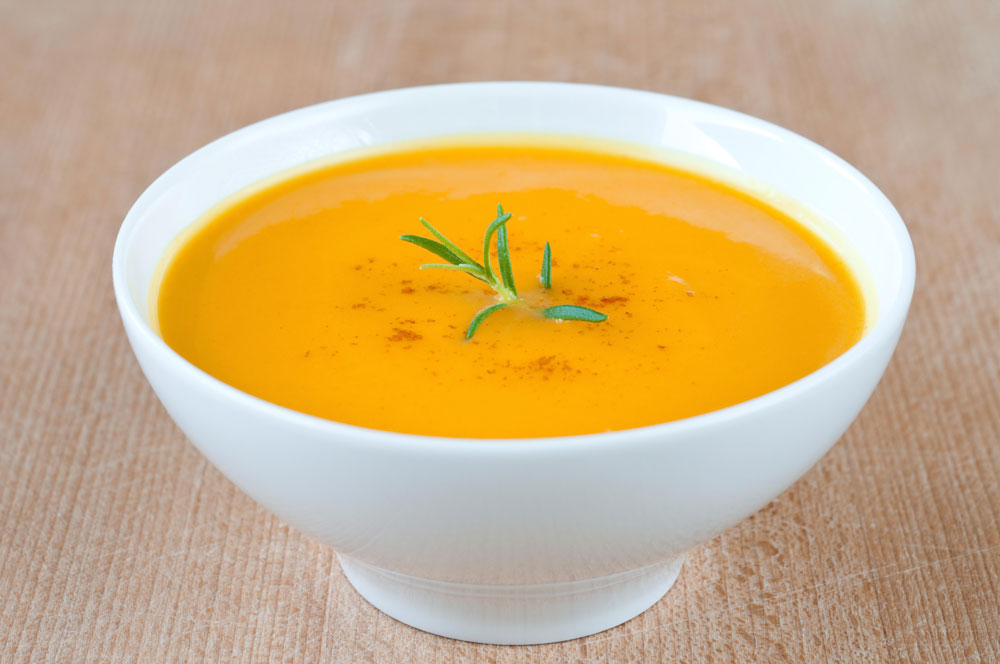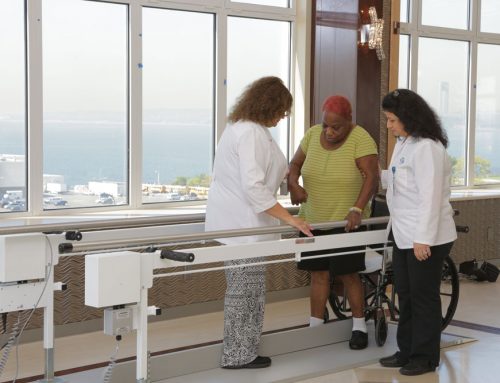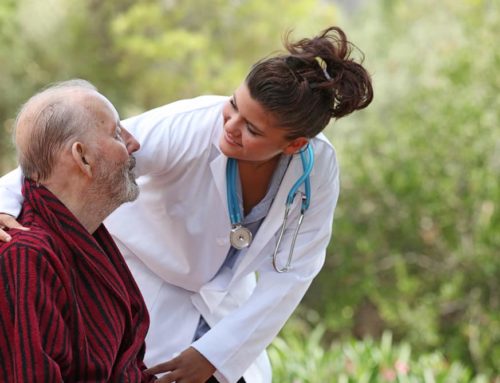To promote recovery after a colostomy and ileostomy, and to avoid or reduce pain, be careful about what you eat. After surgery, you will need to follow a carefully planned colostomy diet. This means you won’t be able to eat anything you like, and there will be some restrictions.
The information below is for educational purpose only. Follow your doctor’s advice on the right foods to eat and stick to them over an extended period. Haym Salomon Home For Nursing & Rehabilitation in Brooklyn NY is used to treating colostomy patients and ensuring they get an appropriate, nutritious diet.

Colostomy Diet – Foods You May Eat
The right diet is crucial for the healing process and your recovery. Generally speaking, a colostomy diet places emphasis on soft, bland, and well-cooked foods. After the first few days after surgery, you can take liquids such as clear soup or juice, followed by easily digestible foods like oatmeal.
Gradually thereafter, other foods that will likely be suitable are well-cooked rice, pureed fresh fruit, as well as cooked and pureed vegetables. A good colostomy diet during the first few weeks after surgery may include yogurt (with live and active cultures). However, not all dairy produce will be allowed.
Other foods that colostomy patients tolerate well are bananas, tapioca, sticky white rice, and white toast. Small quantities of lean animal proteins are also beneficial.
The aim is to eat foods that don’t place an additional burden on your digestive system. As you recover, you can add different foods to your diet but do it gradually.
Any sudden changes in your colostomy diet could cause problems. Be sure to experiment with small quantities at first to avoid diarrhea and /or bad odor.
Foods Not To Eat
Avoid raw foods or those high in fiber and be sure to chew your food thoroughly. Chewing food until it is like paste in your mouth helps to reduce the work your intestines normally do.
Avoid foods that cause gas which can inflate the colostomy bag, cause embarrassment, and make it more difficult to manage.
A good colostomy diet helps thicken your stool and may require you to limit intake of certain foods. These include, raw vegetables, beans, fruit and vegetable peel, wholemeal bread, popcorn, brown rice, as well as most dairy produce.
It’s also best to steer clear of spicy, heavy, or fatty foods, as well as fizzy drinks. At all times follow the dietary advice of your doctor or nutritionist to avoid problems and speed up recovery.
Doctors recommend eating several small portions of food throughout the day, rather than three big meals. So, we at Haym Salomon Home for Nursing and Rehabilitation in Brooklyn NY understand the importance of a colostomy diet for patient well-being and recovery after surgery. Our dieticians will do their best to ensure that you get better soon.
Feel free to call and talk to us if you would like to know more about our care and therapy services. We will answer any questions and concerns you may have about care after colostomy surgery.
This content comprises informative and educational resources only and can not be considered as a substitute for professional health or medical guidance. Reliance on any information provided in this article is solely at your own risk. If you have any inquiries or apprehensions about your medical condition or health goals, talk with a licensed physician or healthcare provider.






What can I see the stoma is not permanent